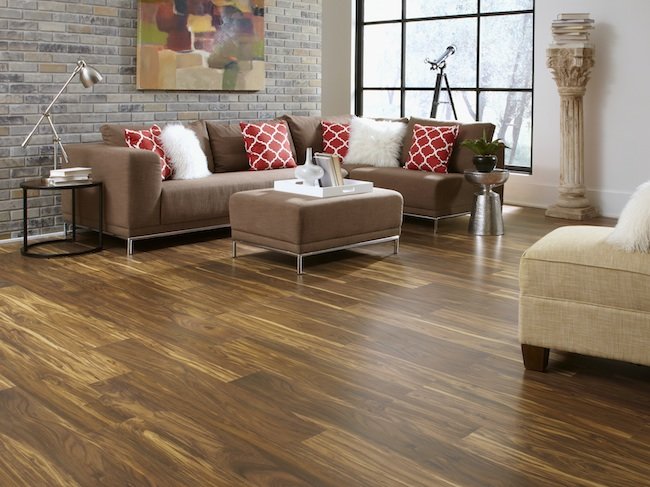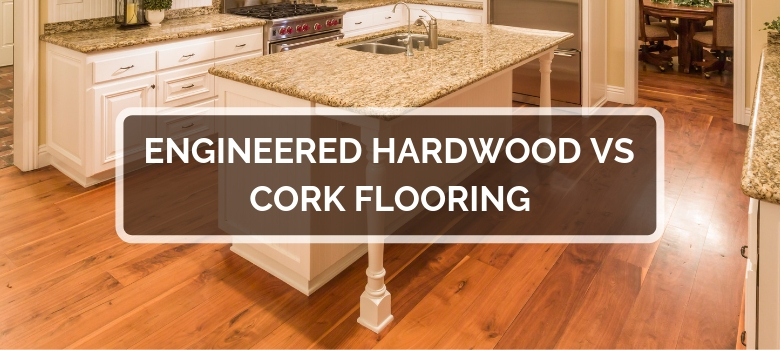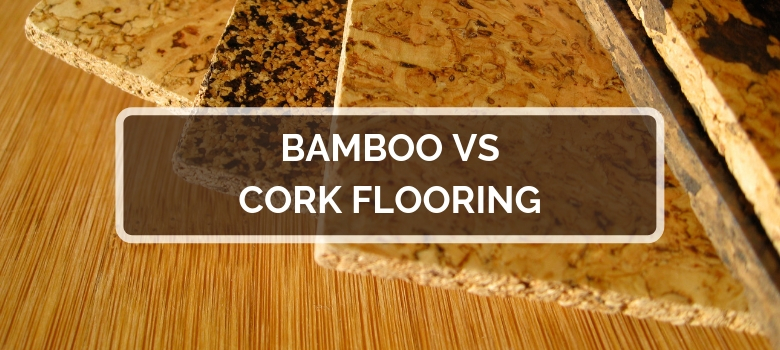Everyone loves an attractive house, and the type of floor is one of the factors that contribute. While there are several of them, a cork floor offers a great look. It also offers several other benefits, making it suitable for use in different rooms, including your living room, kitchen, and others. Cork floors, on the other hand, have some drawbacks, and this article describes both the advantages and disadvantages of this type of floor.
Advantages of cork floors
Below you will find a highlight of the advantages of cork floors.
- Cork floors are environmentally friendly
Cork is made from natural products made from the bark of a cork oak. This means that cork is completely harmless to the environment. In addition, the bark material grows back after harvesting, which means that the tree is not harmed.
Cork contains naturally occurring antimicrobial properties that prevent it from attracting dust. In addition, it does not gas like other types of soil and is therefore suitable for people with existing diseases such as asthma and allergies. Cork is also mold-resistant.
- Cork is a good heat insulator
Most hard-surface floors, such as B. Tiles usually dissipate heat and therefore feel cold when you step on them. But you would certainly not like that, especially in the cold season. Cork floor acts as an insulatorand therefore it feels relatively warm when you step on it. So if you live in a cold region, cork is the perfect choice for your floor because it saves energy.
When it comes to comfort underfoot, a soft surface is the perfect choice, especially for rooms where you spend most of your time. Cork floors are made up of air-filled cells that feel spongy. It therefore increases comfort and suits people who may have foot pain.
In view of the fact that cork raw materials are extracted from a hardwood tree and supplemented during production, it shows how robust and therefore durable cork is. The spongy nature of the cork allows it to dampen under pressure and return to its original shape after relieving the pressure. It can deal with any kind of stress and other conditions like weather, as long as you regularly remove dirt and dust.
Disadvantages of cork floors
While the advantages mentioned outweigh, there are also some disadvantages associated with cork floors. Check out the highlight below.
- It is prone to scratches and bumps
Although cork can be robust due to its comparable hardwood properties, Hard material can leave scratch marks on the floor. Avoid pulling heavy materials like furniture over the cork floor. In addition, dents in cork floors are not common, but when they do occur they are usually permanent.
The structure of cork has millions of small openings, which means that it can absorb water. Sealing the floor helps counteract this problem, but consequently increases the overall cost. In addition, some unavoidable circumstances such as flooding can lead to absorption, especially if the sealing is not carried out correctly. As a result, the floor may discolor and discolor.
- High temperatures could ruin it
Similar to other materials, especially hardwood materials, cork expands when exposed to high temperatures. From then on, if the exposure is prolonged, your floor may appear uneven and unattractive.
Conclusion
So there you have it! If you want to lay cork floors, you need to consider information about factors. You should weigh both the pros and cons so that your choice feels reasonable.
 TopsDecor.com Home Decor Ideas
TopsDecor.com Home Decor Ideas







